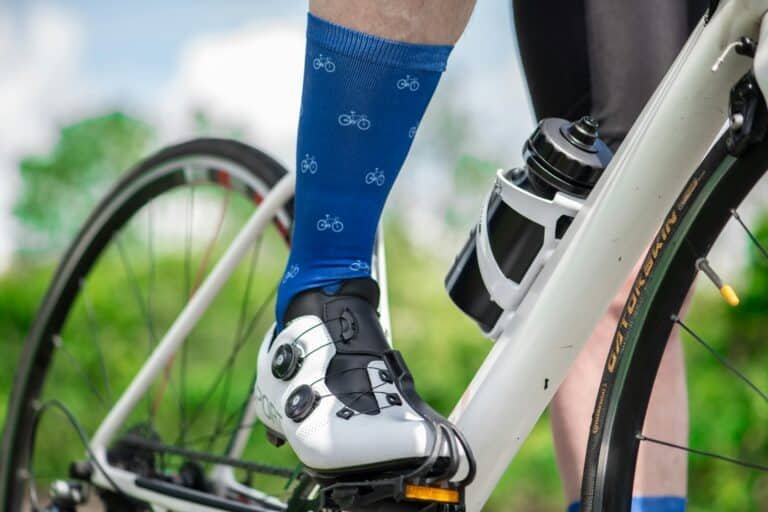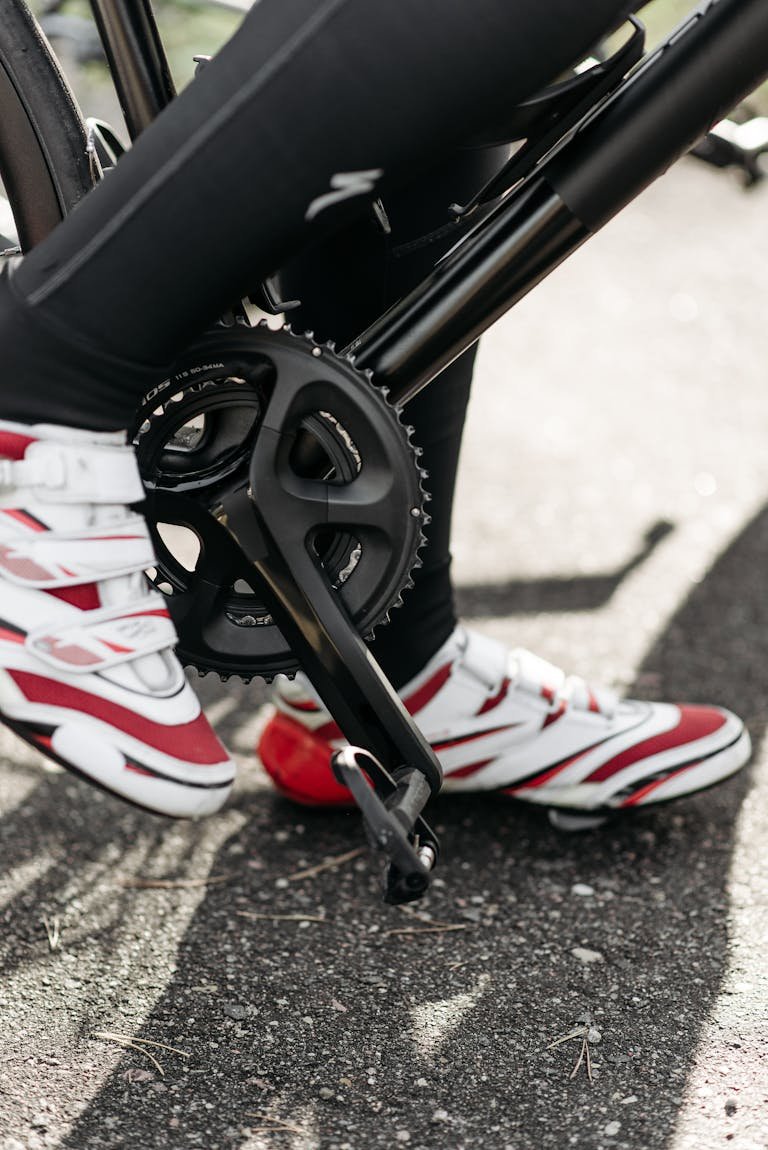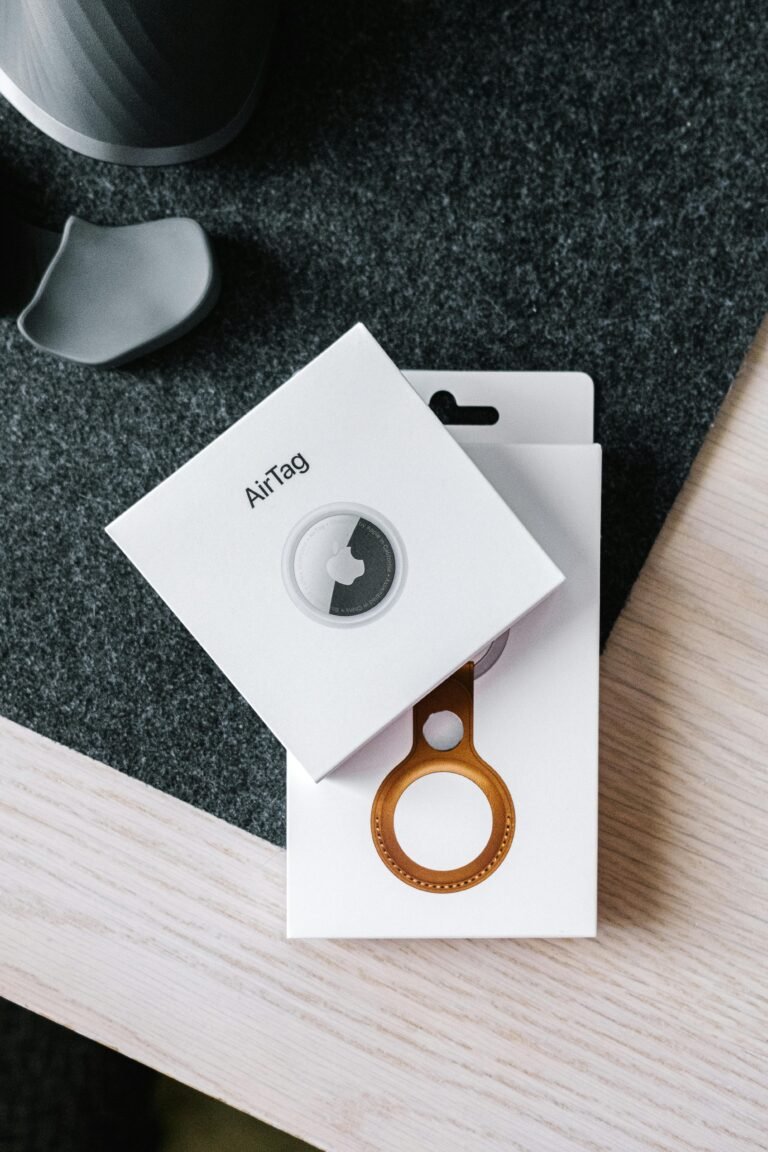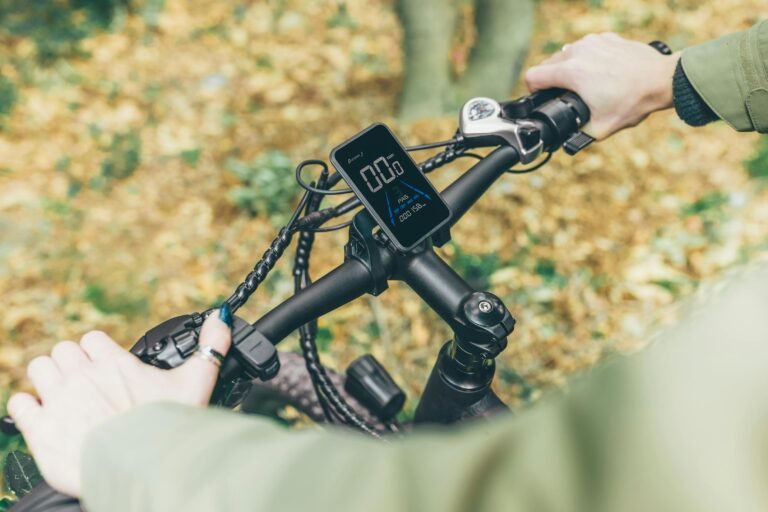Top 5 Power Meters for Cyclists in 2025: Expert Reviews and Buying Guide
Best Power Meters for Cyclists in 2025
Cycling has been completely transformed in recent years, with power meters taking the lead as one of the most innovating tools for riders. These devices give cyclists precise insights into their performance, ensuring every pedal stroke counts. By 2025, advancements in cycling technology have reached new heights, offering power meters that are more accurate, reliable, and user-friendly than ever before. If you’re hunting for the best power meters for cyclists in 2025, you’re in the right place—this guide breaks down the top options, key features to watch for, and tips to find your perfect match.
What to Look for in a Power Meter
When shopping for a power meter, a little know-how goes a long way. There are several types, each catering to different cycling styles and setups. Here’s a quick breakdown:
Types of Power Meters for Cyclist:
- Crank-based Power Meters: Positioned on the crank arm or spider, these are known for their durability and accuracy.
- Pedal-based Power Meters: Easy to install and ideal for swapping between bikes.
- Hub-based Power Meters: Located in the rear hub, these are reliable for consistent power measurement.
- Chainring-based Power Meters: Integrated into the chainring, these are lightweight and high-performing but may have compatibility limitations.

Key Features to Consider:
- Accuracy: Look for at least +/- 1% error for the most precise readings.
- Compatibility: Ensure it works with your drivetrain and cycling setup.
- Battery Life: Long-lasting batteries keep your rides stress-free.
- Ease of Installation: Pedal-based systems tend to offer the quickest setup.
- Data Integration: Ensure seamless syncing with your favorite platforms (Strava, Zwift, TrainingPeaks).
Budget Considerations:
The best power meter for cyclists doesn’t have to make you go broke. There are solid options across all price ranges, from feature-packed premium models to budget-friendly versions for casual riders.
Top Power Meters For Cyclist in 2025: A Detailed Comparison
Cycling enthusiasts in 2025 are spoiled for choice. Below are some of the standout power meters for cyclist on the market, with a rundown of their features, pros, and cons.
1. Quarq DZero DUB
Known for its durability and integration with SRAM cranksets, the Quarq DZero DUB gets a 2025 refresh with improved algorithms for accuracy and a sleeker design. This model’s solid performance makes it a staple for serious cyclists.
- Pros: Rugged, reliable, and compatible with most bike setups.
- Cons: Setup can be technical for beginners.
- Best For: Long-distance cyclists and adventurers.
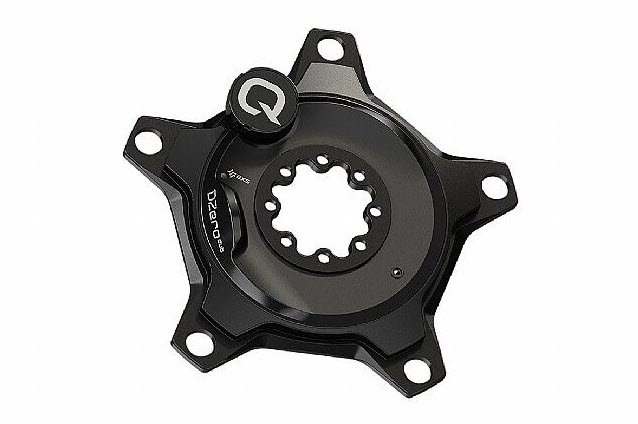
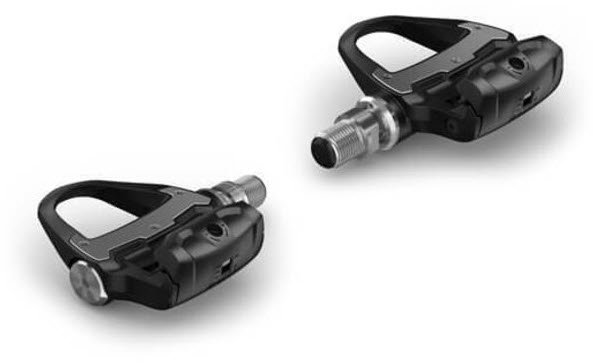
2. Garmin Rally Series
The Garmin Rally Series is back in 2025 with enhanced features that make it a powerhouse in pedal-based power meters. It integrates seamlessly with the Garmin ecosystem, making it perfect for riders already in the Garmin orbit.
- Pros: Rugged, reliable, and compatible with most bike setups.
- Cons: Setup can be technical for beginners.
- Best For: Long-distance cyclists and adventurers.
3. Favero Assioma Duo
Favero remains a big name in the power meter world, and the Assioma Duo continues to impress. It delivers industry-leading accuracy at +/- 1% and is equipped with cutting-edge Bluetooth and ANT+ connectivity. The updated 2025 model features reinforced durability for extra mileage and is ideal for road cycling and training.
- Pros: Highly accurate, easy to swap between bikes, excellent battery life.
- Cons: Slightly bulky for some riders.
- Best For: Road cyclists and data-driven racers.
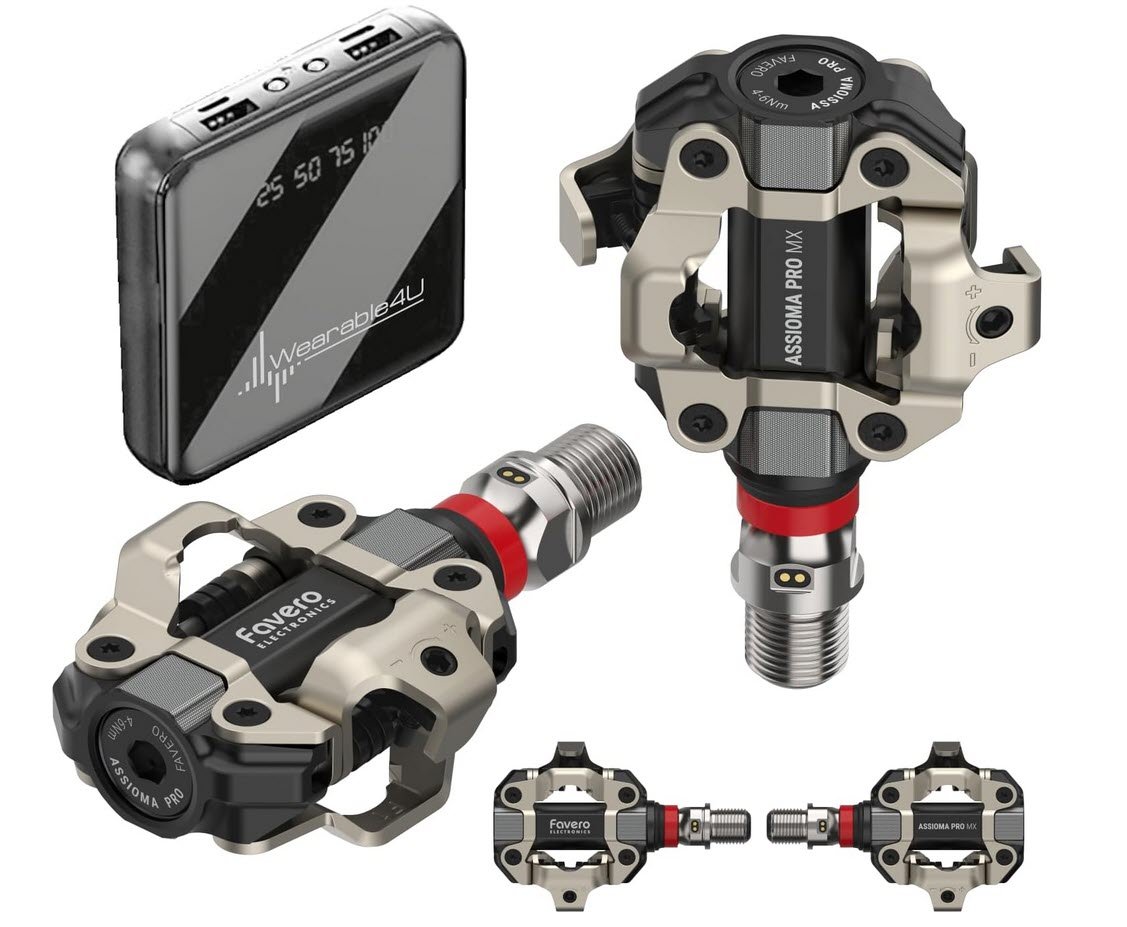
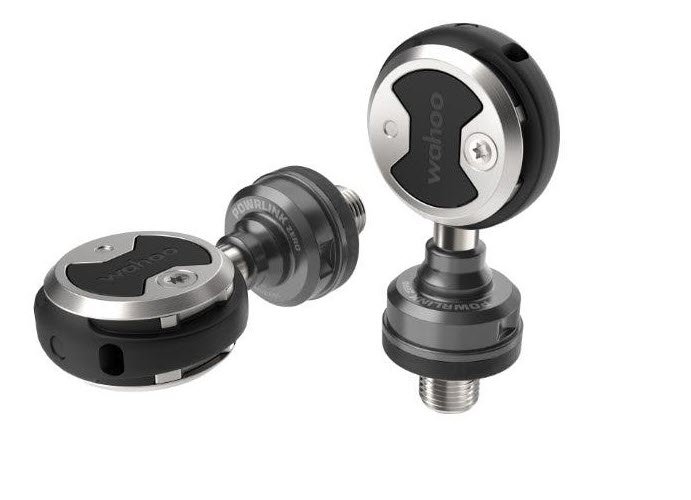
4. Wahoo POWRLINK Zero
Wahoo’s POWRLINK Zero pedals are an exceptional choice in 2025, with continued innovation and expanded compatibility. This pedal-based power meter is lightweight and offers dual-sided power measurement, giving riders detailed data.
- Pros: Lightweight pedals, intuitive app integration, excellent power tracking.
- Cons: Price may deter some casual cyclists.
- Best For: Cyclists focused on easy power meter portability.
5. Shimano Power Meter (Latest Update)
Shimano’s latest power meters for cyclist line for 2025 delivers refined performance, integrating perfectly with Shimano drivetrains. This crank-based power meter also boasts enhanced battery life, ensuring fewer mid-ride interruptions.
- Pros: Seamless drivetrain integration, dependable across terrains.
- Cons: Limited compatibility outside the Shimano ecosystem.
- Best For: Shimano enthusiasts and bike racers.

Best Hub-Based Power Meters For Cyclist
- Powertap G3
Trusted for its dependability, this hub-based option is a go-to for casual and competitive riders alike.- Price: ~$499
- Pros: Simple setup, reliable data, and durable build.
- Cons: Wheel compatibility limits flexibility.
- SRM X-Power Hub
A premium option designed for ultimate accuracy, especially for off-road disciplines.- Price: ~$1,800
- Pros: Unmatched robustness and data precision.
- Cons: Large investment up front.
New Entrants to the Market in 2025
The 2025 market sees new competitors shaking up the power meters for cyclist scene. Brands like 4iiii and Sigeyi have entered with innovative features at accessible price points. 4iiii, for example, uses patent pending 3-D tri-axial strain gauge technology in order to achieve +/- 1.0% accuracy, while Sigeyi pushes the limits on crank arm based designs with ultralight builds. I’ve discussed the topic of Cycling Technology in full detail, read the article here.
While these new entrants are exciting, their long-term durability remains to be seen. Early adopters may find them intriguing alternatives to the bigger names.
Comparison Table: Power Meters in 2025
| Model | Accuracy | Weight | Battery Life | Best Use Case | Price Range |
|---|---|---|---|---|---|
| Favero Assioma Duo | +/- 1% | 299g | 50 hours | Road cycling, training | $770 |
| Garmin Rally Series | +/- 1% | 320g | 120 hours | Ecosystem integration | $700 |
| Quarq DZero DUB | +/- 1.5% | 170g | 200 hours | Long-distance cycling | $650 |
| Wahoo POWRLINK Zero | +/- 1% | 250g | 75 hours | Pedal-based portability | $1,000 |
| Shimano (Latest Update) | +/- 1% | 180g | 300 hours | Shimano drivetrain users | $950 |
How to Choose the Right Power Meter for Your Needs
Picking the best power meters for cyclist depends on what you want to achieve. Here’s how to match your needs with the right product:
- Road Cyclists: Go for pedal- or crank-based meters for accurate performance tracking and easy data access.
- Mountain Bikers: Durable crank-based models like the Quarq DZero DUB shine on rough terrains.
- Triathletes: Battery life is crucial—Shimano’s crank-based solutions are hard to beat for endurance events.
Also, ensure the power meter you choose integrates with your go-to training platforms like Strava, Zwift, or TrainingPeaks for seamless data analysis.
Wrapping Up
The power meters for cyclist of 2025 are nothing short of spectacular, with feature-packed options suitable for every rider out there. Whether it’s the versatility of the Favero Assioma Duo, the Garmin Rally’s cutting-edge tech, or Shimano’s unbeatable drivetrain compatibility, there’s something for every cyclist’s needs and budget. Take time to weigh all the feature sets and compare prices before committing.
FAQs About Power Meters in 2025
What’s the most accurate power meter in 2025?
Most power meters boast +/- 1% accuracy, with models like the Favero Assioma Duo and Garmin Rally leading the pack.
Are power meters worth the investment for casual riders?
Absolutely! Even casual cyclists can benefit from better training efficiency and improved fitness tracking.
How often should I calibrate my power meter?
Calibration is typically recommended before every ride for optimal data accuracy.
Which is better: crank-based or pedal-based power meters?
This depends on your needs—pedal-based power meters are portable, while crank-based models are often more durable.
Related Posts and Resources
- Smart Bike Trainers: 2024 Best Picks with Features and Benefits
- How to Improve Cycling Endurance in 2025: 5 Proven Strategies for Cyclists
- The Ultimate Guide to Cycling Technology and Gadgets in 2025
- How Do You Adjust Bike Brakes? A Step-by-Step Guide for 2024
- Recumbent Bike Benefits: The Ultimate Guide to Comfortable Cardio


